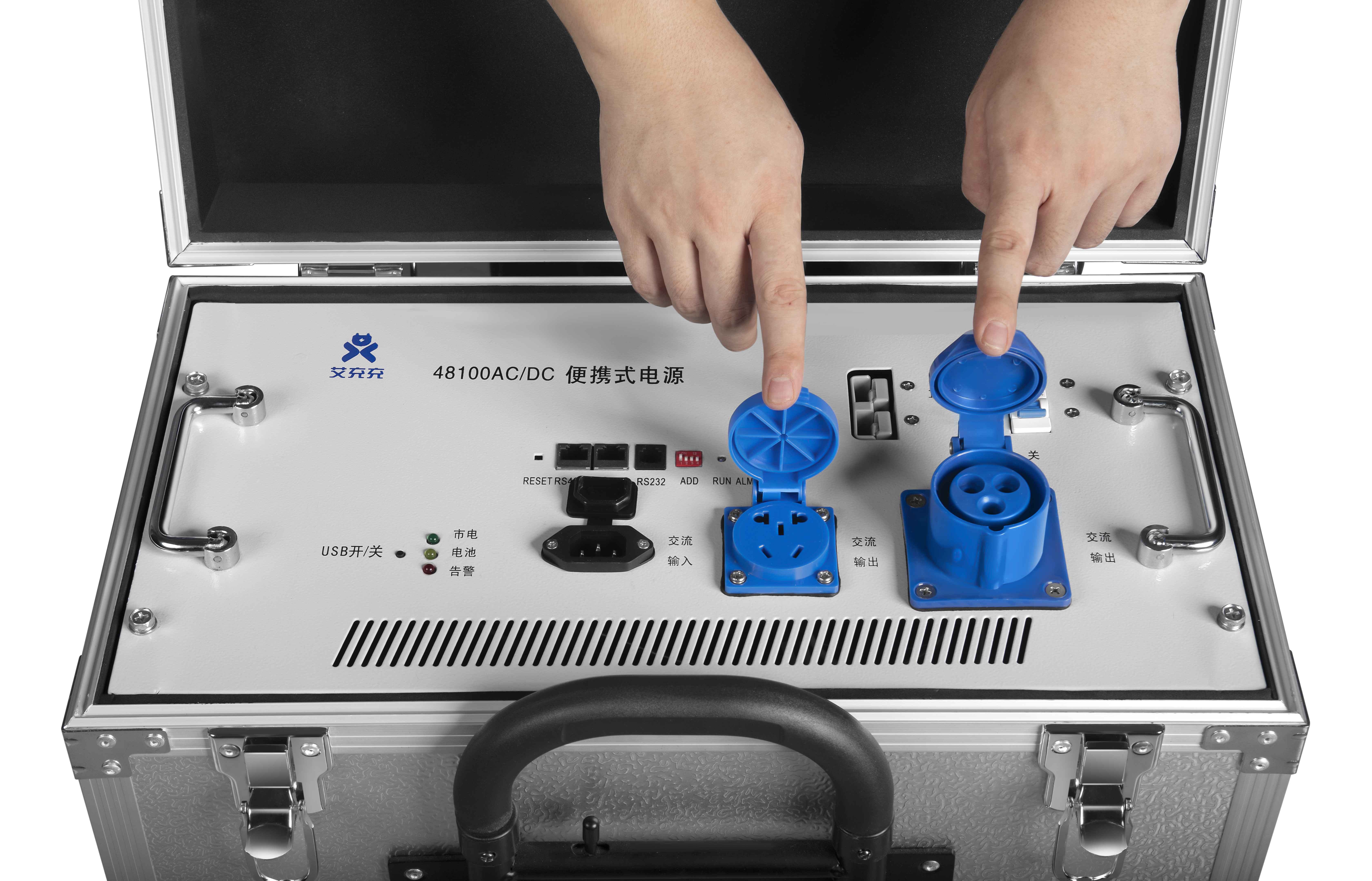
Jan . 01, 2025 11:11 Back to list
Certification Standards for Solar Energy Storage Solutions and Techniques
CE Certification for Solar Energy Storage Methods
As the world transitions towards sustainable energy sources, solar energy has emerged as a leading option due to its abundance and accessibility. However, the efficiency and reliability of solar energy depend significantly on energy storage methods. With the increasing adoption of solar technology, the need for robust energy storage solutions has become paramount. The CE certification plays a crucial role in ensuring that these storage methods meet European safety and environmental standards.
What is CE Certification?
CE marking is a certification that indicates conformity with health, safety, and environmental protection standards for products sold within the European Economic Area (EEA). It is a mandatory marking for certain product categories, including electrical equipment and renewable energy devices. CE certification ensures that the product has been thoroughly tested and complies with all applicable European directives.
In the context of solar energy storage, CE certification is vital for products such as batteries, inverters, and energy management systems. These components must meet stringent regulations to ensure they are safe, efficient, and environmentally friendly. Without CE certification, it is challenging for manufacturers to enter the European market, which can significantly limit their business opportunities.
Importance of Energy Storage in Solar Technology
Solar energy is inherently intermittent; it can only be generated when the sun is shining. Energy storage systems (ESS) mitigate this challenge by capturing excess energy produced during sunny periods and releasing it during times of low production or increased demand. This capability not only enhances the reliability of solar energy but also allows for better energy management within the grid.
Among the various energy storage methods, lithium-ion batteries have gained significant traction due to their high energy density, longer lifespan, and decreasing costs. However, alternative technologies, such as flow batteries and thermal storage systems, are also being explored. Each of these technologies requires careful consideration, testing, and, importantly, certification to ensure their safety and efficiency.
CE Certification Process for Energy Storage Systems
Achieving CE certification involves a comprehensive process
. Manufacturers must conduct a conformity assessment, which includes the following stepsce certification solar energy storage methods

1. Product Testing Products must be tested in accordance with European standards to verify their performance and safety. For energy storage systems, this includes assessments of electrical safety, thermal management, and environmental compatibility.
2. Technical Documentation Manufacturers must compile technical documentation that outlines the design, manufacturing processes, and safety features of the product. This documentation also includes test results and assessments to demonstrate compliance with relevant directives.
3. Declaration of Conformity Once all tests and documentation are completed, the manufacturer must issue a Declaration of Conformity, confirming that the product meets all necessary standards.
4. Affixing the CE Mark After successfully navigating the above steps, manufacturers can affix the CE mark to their products, signaling compliance to customers and regulatory authorities.
Benefits of CE Certification
The benefits of CE certification for solar energy storage methods extend beyond compliance. For manufacturers, it instills consumer confidence, potentially increasing sales and market reach. Customers are more likely to choose certified products, knowing that they adhere to high safety and performance standards.
Additionally, CE certification can facilitate smoother entry into international markets. Many countries align their standards with European regulations, so products with CE marking may find it easier to gain acceptance elsewhere. This can provide manufacturers a competitive edge in a growing global market for renewable energy solutions.
Conclusion
As the demand for solar energy continues to rise, the importance of reliable energy storage solutions cannot be overstated. CE certification serves as a critical benchmark for safety, quality, and performance in this sector. By navigating the certification process, manufacturers not only ensure their products are compliant with European standards but also enhance their marketability and build trust with consumers. In an era where sustainable energy is becoming increasingly essential, investing in CE-certified technologies is a step toward a greener and more sustainable future.
-
Advanced Energy Management Systems: Optimize & Save Costs
NewsAug.19,2025
-
Smart Energy Management System: Control & Monitor Usage
NewsAug.18,2025
-
EMS for Advanced Energy Management & Storage
NewsAug.17,2025
-
Boost Efficiency with Smart EMS Energy Management Systems
NewsAug.16,2025
-
Energy Management System (EMS): Optimize & Save Energy Costs
NewsAug.15,2025
-
Intelligent Energy Management: Save & Control Your Power
NewsAug.14,2025


